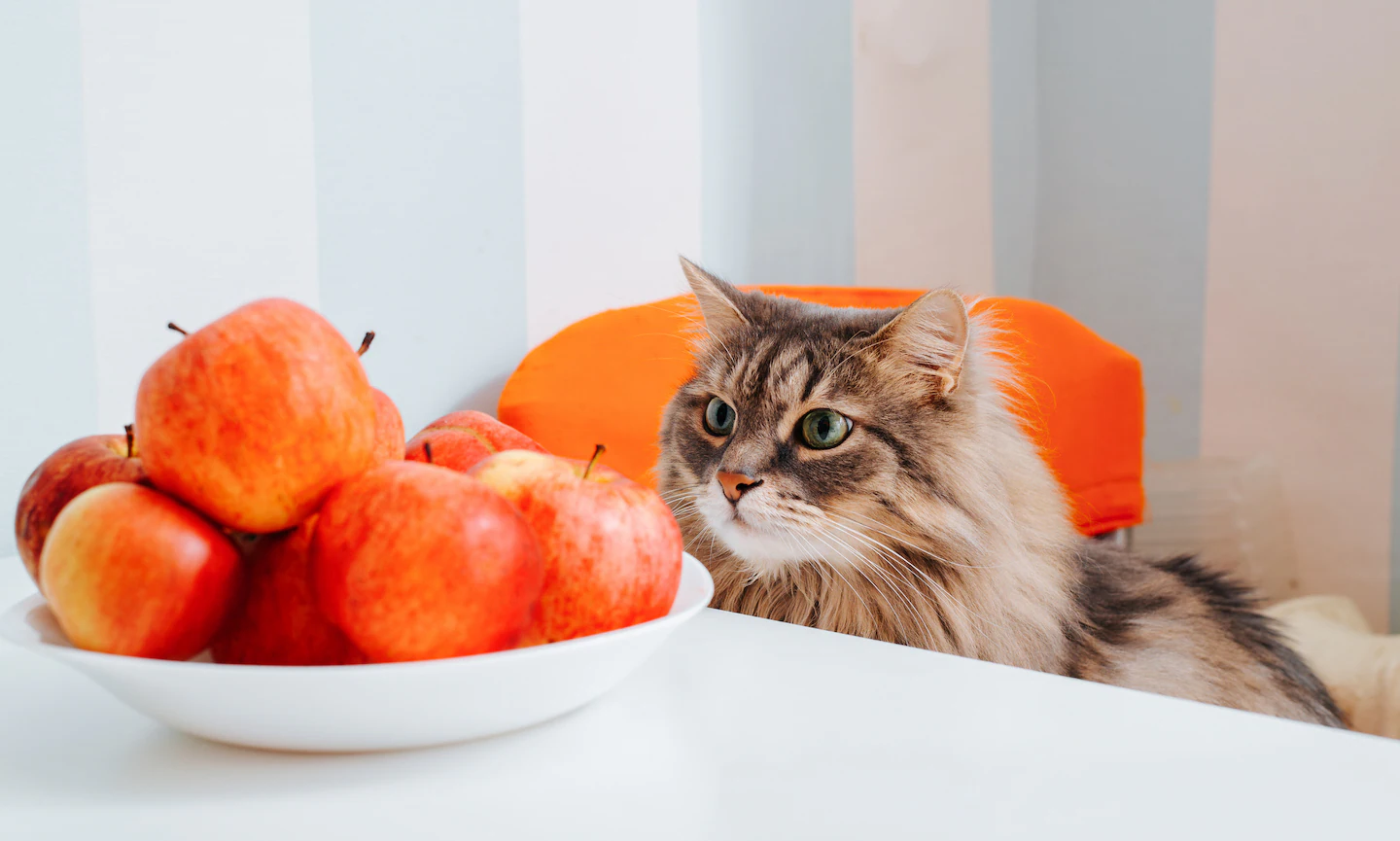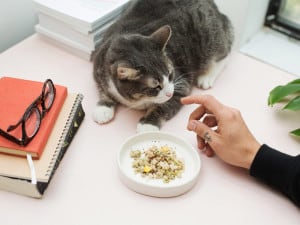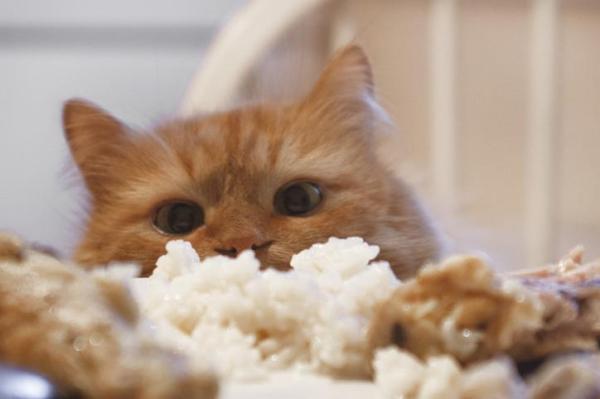
Feeding your cat a cooked food diet can be a healthy and nutritious alternative to commercial cat food. However, it’s essential to understand the unique dietary needs of felines and ensure you’re providing the right amount of cooked food to keep your furry friend happy and healthy. In this article, we’ll explore the factors that influence the amount of cooked food your cat should consume.
Cat’s Age and Activity Level
The amount of cooked food your cat needs can vary depending on age and activity level. Kittens and young cats generally have higher energy requirements, so they may need more food. On the other hand, older or less active cats may require fewer calories. Be sure to adjust portion sizes accordingly.
Weight and Body Condition
Maintaining a healthy weight is crucial for your cat’s overall well-being. If your cat is overweight, you may need to feed them smaller portions of cooked food to help them shed excess pounds. Conversely, if your cat is underweight or very active, you may need to increase their food intake.
Type of Cooked Food
The type of cooked food you’re offering matters. Protein-rich foods like chicken, turkey, or fish should be a significant part of your cat’s diet. Cats are obligate carnivores, which means they require a diet primarily composed of animal-based protein to thrive.
Balanced Diet
A balanced diet is crucial for your cat’s health. In addition to protein, make sure to include other essential nutrients like vitamins and minerals. You can consult with a veterinarian or a feline nutritionist to ensure your cat’s diet is well-rounded.
Frequency of Feeding
Cats have small stomachs and tend to eat multiple small meals throughout the day. Dividing your cat’s daily portion of cooked food into several smaller meals can mimic their natural feeding behavior and prevent overeating.
Monitor Your Cat
Keep a close eye on your cat’s weight and body condition. Regularly check their litter box to ensure they are not experiencing digestive issues. Adjust the portion size as needed to maintain a healthy weight and digestive health.
Water Intake
Ensure your cat has access to fresh water at all times. Cats on a cooked food diet may have lower water intake than cats on wet commercial cat food, so hydration is crucial.
Consult a Vet
Every cat is unique, and their dietary needs can vary. It’s always a good idea to consult with a veterinarian when transitioning your cat to a cooked food diet or when making significant changes to their diet. A vet can provide personalized guidance based on your cat’s specific needs.
The Bottom Line
Feeding your cat a cooked food diet can offer numerous benefits, including better control over ingredients and potential allergens. However, determining the right amount to feed your cat involves several factors, including age, activity level, weight, and the type of food you’re offering. To ensure your cat is getting the proper nutrition, consult with a veterinarian or feline nutritionist, and be prepared to monitor your cat’s condition and adjust their portions as needed. A well-balanced diet and regular veterinary check-ups are key to keeping your feline friend healthy and happy on a cooked food diet.

Stephanie Ansel is a well-known writer and journalist known for her unique and captivating writing style. She has written many articles and books on important topics such as the lifestyle, environment, hobbies, and technology and has been published in some of the biggest newspapers and magazines. Stephanie is also a friendly and approachable person who loves to talk to people and learn about their stories. Her writing is easy to read and understand, filled with lots of details and information, and is perfect for both kids and adults who want to learn about important topics in an interesting way.






